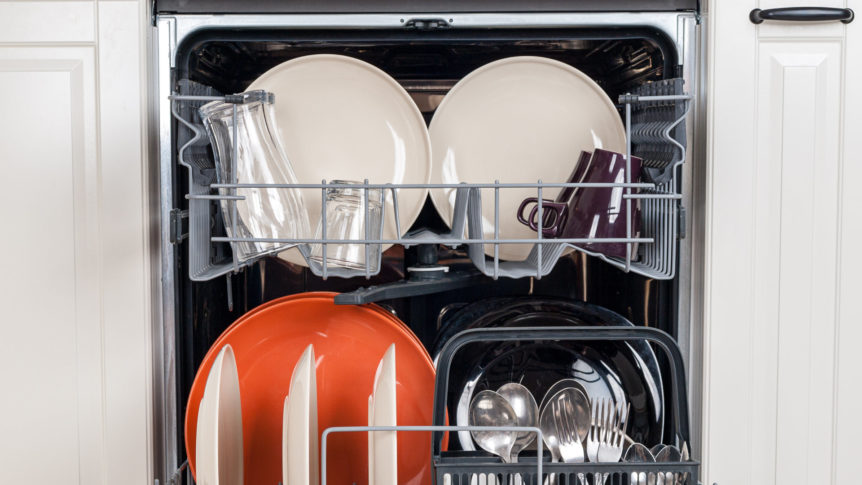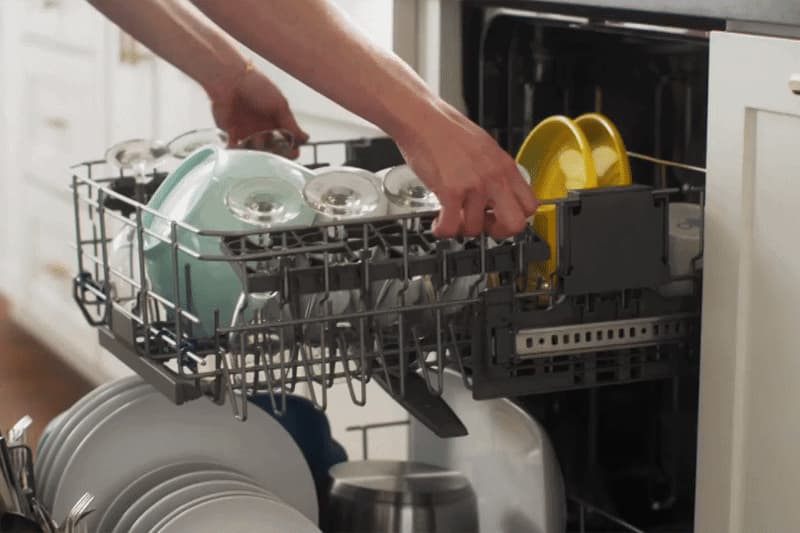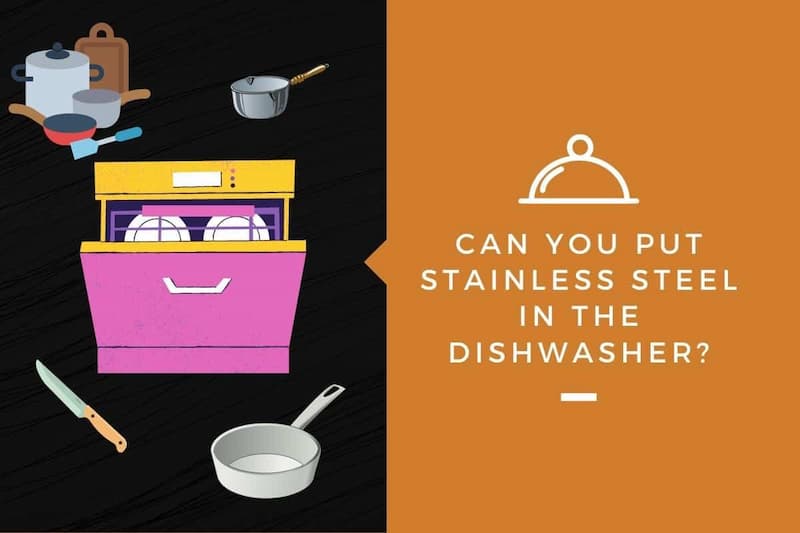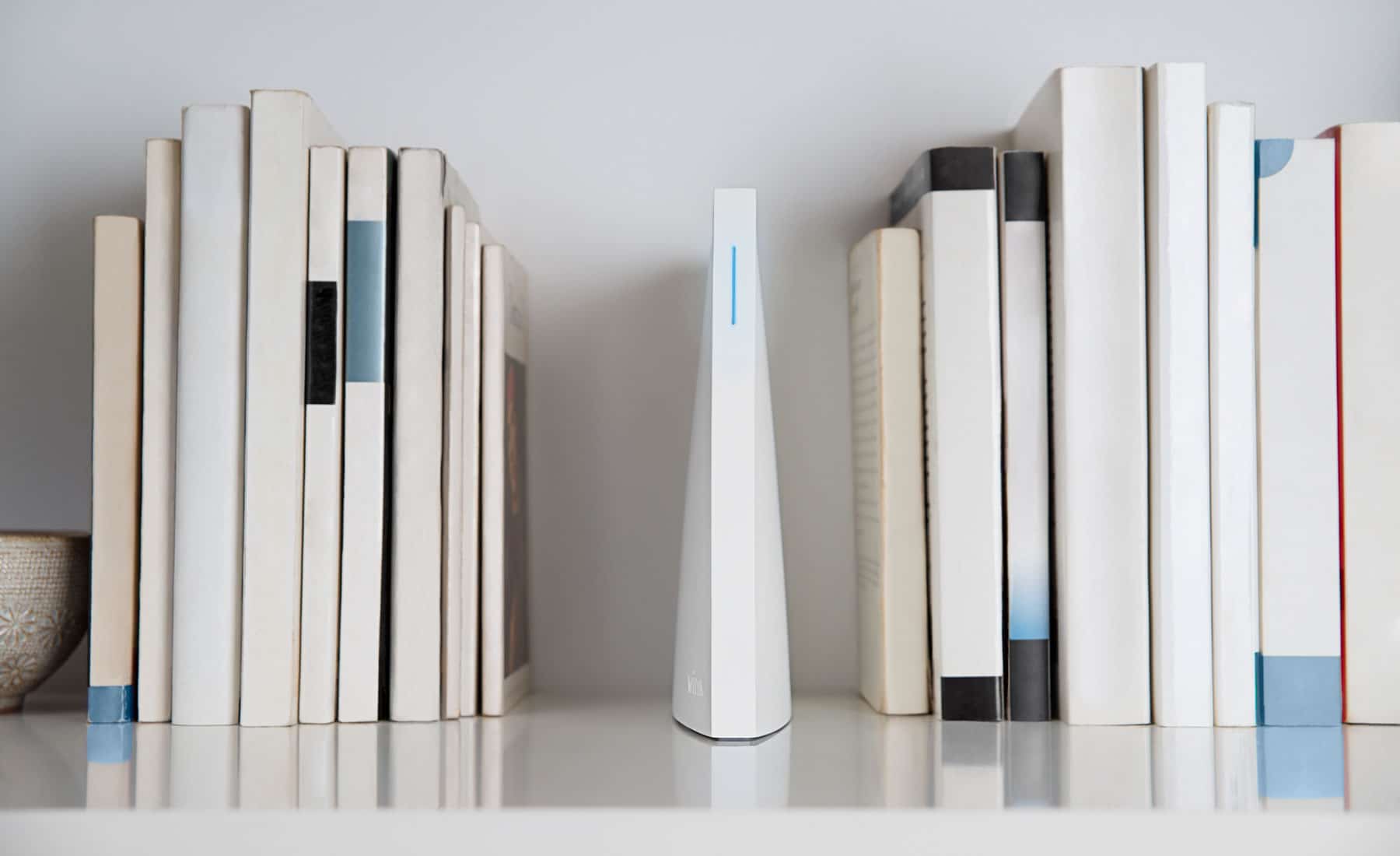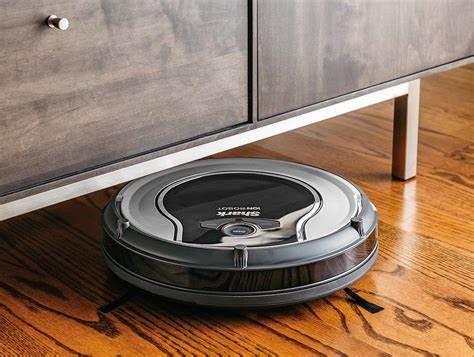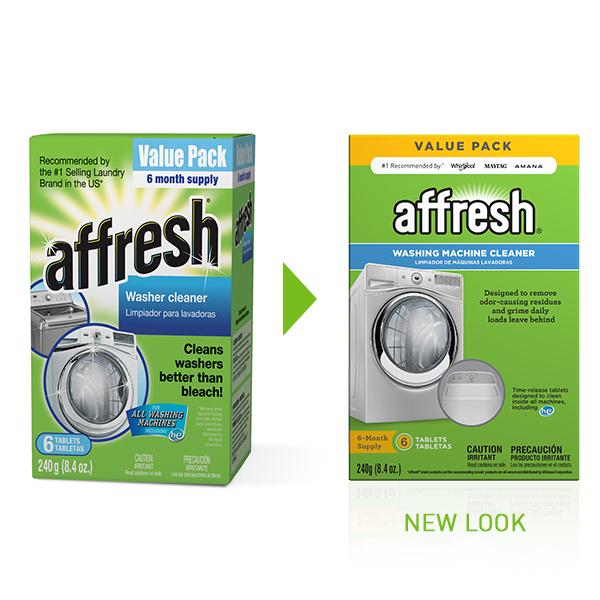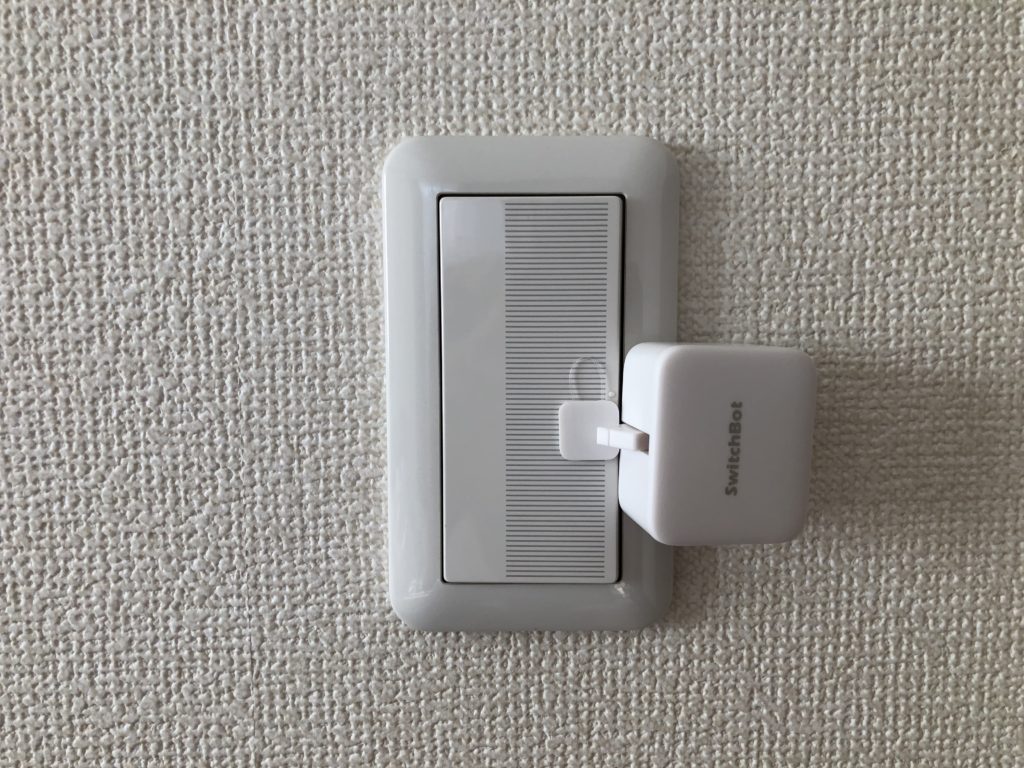For a wide range of household items, stainless steel is one of the most preferred materials. It is primarily utilized in kitchen accessories and appliances though.
Some people’s decision to use stainless steel is motivated by aesthetic considerations. Ultimately, stainless steel is timeless and can appear contemporary in any era. But is stainless steel dishwasher safe?
Yes, stainless steel is generally accepted to be dishwasher safe if you’re looking for a quick response.
Having said that, there are risks involved in washing these items in the dishwasher.
Read More: How Long Do Dishwashers Last?
Table of Contents
What Is Stainless Steel?
Iron alloy with at least 10.5% chromium is called stainless steel.
Chromium is a chemical element that forms a thin oxide layer on the surface of the steel to stop further corrosion. Frequently, this layer is referred to as a passive layer.
Although 10.5% is the required amount, higher-quality stainless steel typically has more of a chemical due to its increased corrosion resistance.
In addition, stainless steel is likely to include varying amounts of carbon, silicon, and manganese.
Nickel, the element that gives stainless steel its silver shine and contributes to the product in question’s additional rust resistance, may also be present.
You should be able to locate a stamp that reads “18/8” on some stainless steel, particularly silverware.
This will show you how much nickel and chromium are present in the product on the right and left, respectively. The quality improves with a rise in these numbers.
Is Stainless Steel Dishwashers Safe?
The short answer is yes, stainless steel is safe for dishwashers.
Long answer: Stainless steel is an alloy composed of iron, at least 10% chromium, nickel, manganese, carbon, and silicon in varying proportions. You’ve probably noticed the words “18/10” stamped on high-quality stainless steel flatware. This means that it contains other materials as well as 18% chromium and 10% nickel in its composition.

Different Stainless Steel In Dishwasher
Silverware
The good news is that most people already put their stainless steel silverware in the dishwasher, and doing so is completely safe.
Use the silverware basket that comes with most dishwashers to separate out silverware to prevent it from coming into contact with other items that could corrode the stainless steel.
Additionally, you should wash the silverware before putting it in the dishwasher to prevent extending its time exposed to acidic foods, especially if you won’t be running it right away.
After some use, some people may notice rust spots on their stainless steel knives, but this is nothing to be concerned about, and the same thing would probably happen if you hand-washed them.
This occurs because the blades are frequently made of harder steel that maintains sharpness but rusts more readily.
When a dishwasher load is finished, drying them right away may help delay the onset, but if you forget, using a stainless steel cleaner will restore their pristine appearance.
Pots And Pans
Dishwasher safety for stainless steel pots and pans is a subject of some debate, but the majority of manufacturers would disagree.
Dishwasher detergents, it is claimed, can be very harsh and may cause stainless steel to corrode.
Dishwasher detergent manufacturers will dispute this, while others will argue that the stainless steel appliance makers are being overly cautious.
Others have reported unpleasant side effects, such as watermarks that can be challenging to remove.
Dishwashers are generally thought to dull down the appearance of the pot or pan over time, which can result in spotting or discoloration that is challenging to fix.
Your stainless steel pots and pans should be hand-washed and dried right away to help prevent this from happening to you.
You should only put items that are specifically marked as dishwasher-safe items in the dishwasher because these items have been tested to ensure that they are dishwasher-safe.
Flatware
In regards to flatware, there is no doubt that you can place it in the dishwasher without giving it a second thought. Simply rinse it before placing it in the appliance to prevent prolonged contact with food acids in the event that the load isn’t immediately run. The reason why your knife blades have rust spots instead of just the dishwasher is that most blades are made of harder steel that keeps an edge longer but rusts more readily. Hand washing also would have resulted in rust stains. The key is to dry them as soon as possible. Hard water is a potential colorant, according to silverware manufacturers. Use a stainless steel cleaner to correct the problem, being sure to adhere to the manufacturer’s instructions.
Kitchen Utensils
Although not the most popular material for kitchen utensils, stainless steel ones are available on the market.
This includes tools like whisks, serving spoons, and fish slicers.
Most people would lump these items into the same category as silverware and not give it a second thought before putting them in the dishwasher, but this is typically not the best course of action.
Although it’s not generally regarded as dangerous to put the mechanisms in the dishwasher, the handles don’t respond well to the influx of water.
This is primarily because many of the handles are made of plastic, and even those made of stainless steel are hollow.
This not only makes cleaning these tools more difficult, but it also offers dishwasher detergent the ideal scenario for drying into the handles and gradually corroding the material.
This could result in internal rust, which could worsen the condition of the tool and cause rust issues.
It is suggested that you hand wash these items to prevent this, being careful to only wet the portion of the mechanism that was used during cooking.
Travel Mugs
In an effort to avoid single-use plastics or reduce their risk of using them, people have started using travel mugs more frequently lately.
You might assume they would be made to be dishwasher safe since they are frequently used for convenience purposes, but this isn’t always the case.
You can probably put a stainless steel travel mug in the dishwasher if it isn’t colored or insulated.
However, because they keep hot drinks warm and cold drinks cold for longer, the majority of stainless steel travel mugs are naturally insulated.
This applies to our Kool8 water bottle, which is completely insulated to keep cold drinks cold for up to 24 hours and hot drinks warm for up to 12 hours.
We can’t tell you what to do, but we do beg you to be aware of the dangers of dishwashing stainless steel travel mugs so that you can prepare for the repercussions.
The biggest one is that running your water bottle through the dishwasher runs the risk of damaging its insulated features, rendering it useless and forcing you to replace it much sooner than you had intended.
Devices made of colored and non-colored stainless steel may become discolored as a result, and rust may develop over time.
If you’d prefer an alternative, it’s typically advised that you immediately rinse the travel mug in warm water after using it to prevent staining.
After that, thoroughly wash and dry it so that it will be ready for your upcoming use.
How To Care For Stainless Steel In A Dishwasher?
Even though our analysis demonstrates that you shouldn’t wash every piece of stainless steel in the dishwasher, we are aware that for most people, this is still the most practical choice.
But there are some ways you can reduce possible harm if you decide to continue using the dishwasher despite our warnings.
The first thing you should do is research dishwasher detergent and buy one that is either made specifically for stainless steel or has the fewest harmful chemicals possible.
You should also rinse any food off the items before putting them in the dishwasher in order to make your stainless steel dishwasher safe.
This is crucial if you won’t be putting on a load right away, but it’s also necessary if you will because it can stop acidic foods from corroding stainless steel over time.
Drying your stainless steel dishes right away after the dishwasher cycle is complete is the last thing you should attempt to do each time.
Additionally, you might want to spend money on some stainless steel cleaner for items like silverware so that you can restore their original luster every few months or so.
Conclusion
When preparing to wash your stainless steel items in the dishwasher, you should exercise extreme caution and keep in mind that you are frequently going against manufacturer recommendations.
You should always try to wash larger items like pots and pans by hand, even though it might not be a big deal with smaller items like stainless steel silverware.
In the end, it’s probably best to be careful and wash stainless steel items by hand if you can if you’re unsure whether they are dishwasher safe.
Related Reading: The Invention of the Dishwasher

